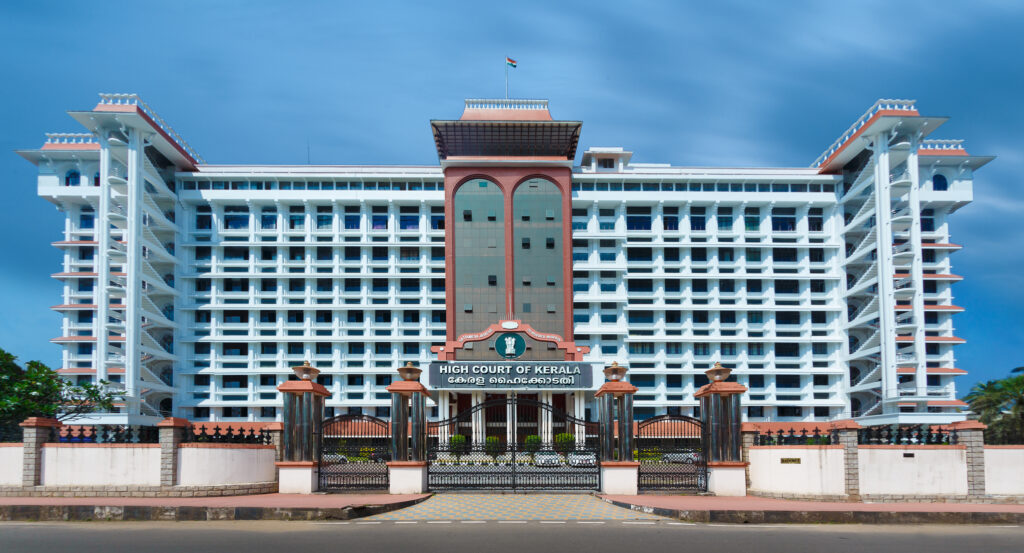A person making a claim for a motor accident cannot be denied equal treatment regarding their notional income just because they were earning less than fair wages when the accident happened, according to the Kerala High Court.

The Kerala High Court increased the compensation in a motor accident case and stated that the victim should not be denied equal treatment regarding notional income just because he earned less than fair wages at the time of the accident. Justice Johnson John, from the Single-Judge Bench, remarked, “It is clear that even a casual worker deserves fair wages, and the notional income of a regular worker should be determined based on fair wages at that time…” Advocate K.P. Harish represented the Appellant, while Advocate V.S. Shiraz Bava represented the Respondent. The High Court was reviewing a Motor Accident Claims Appeal where the appellant claimed that while riding his motorcycle, an autorickshaw, driven recklessly by the first respondent, collided with him, causing him to fall and suffer serious injuries. The second and third respondents are the owner and insurer of the vehicle involved.
The Tribunal had awarded the appellant a total of Rs 74,000 in compensation. Dissatisfied with this amount, the appellant appealed, arguing that the Tribunal did not accurately determine his notional income and neglected to compensate him for the loss of earning capacity. The appellant contended that the compensation for other aspects was also too low and needed the Court’s intervention. At the time of the accident, the appellant was 21 years old and claimed a monthly income of Rs. 4,500. However, the Tribunal concluded that he did not prove this income and set a notional income of Rs. 3,000 per month for calculating his loss of earnings.
- The court stated that every worker, even a casual one, deserves fair wages. The notional income of a regular worker should be determined based on fair wages at the relevant time. Just because the appellant earned less than the fair wage at the time of the incident does not mean he should be denied equal treatment regarding notional income. It is established that laws aimed at social benefits should be interpreted in favor of those they are meant to help. The court ruled that the appellant is entitled to the benefits outlined in the Supreme Court case of Ramachandrappa v. Royal Sundaram Alliance Insurance Co. Ltd., which determined that, without evidence, the monthly income of a typical worker involved in an accident in 2004 should be set at Rs. 4,500, with an increase of Rs. 500 for each subsequent year.
In this case, the appellant suffered a 49% permanent locomotor impairment in his right leg. At 21 years old and working as a salesman at the time of the accident, the court accepted a 20% functional disability for calculating compensation for lost earning capacity. By adjusting the monthly income to Rs. 7,500, the court decided the appellant would receive extra compensation for lost earnings, totaling an additional Rs. 13,500. The calculation for compensation due to the permanent disability was determined to be Rs. 4,53,600 based on the specified criteria.
The court also increased the compensation for pain and suffering. After reviewing the appeal, the court awarded a total of Rs. 4,82,100 as enhanced compensation, along with 8% interest.
Cause Title: Niyas v. Mohana [Neutral Citation: 2024:KER:84234]
Appearance:
Petitioner: Advocate K.P. Harish
Respondent: Advocates V.S.Shiraz Bava, Lal K. Joseph








